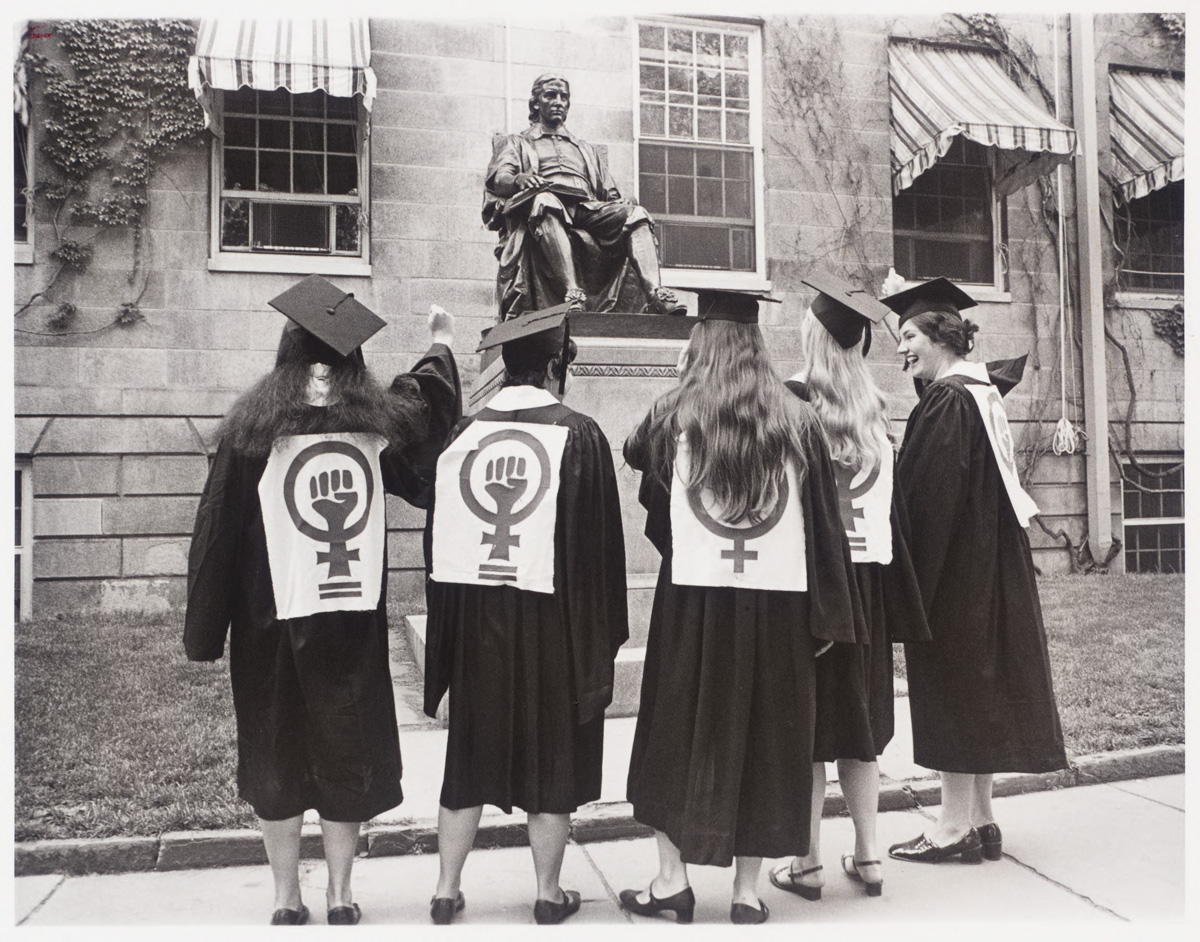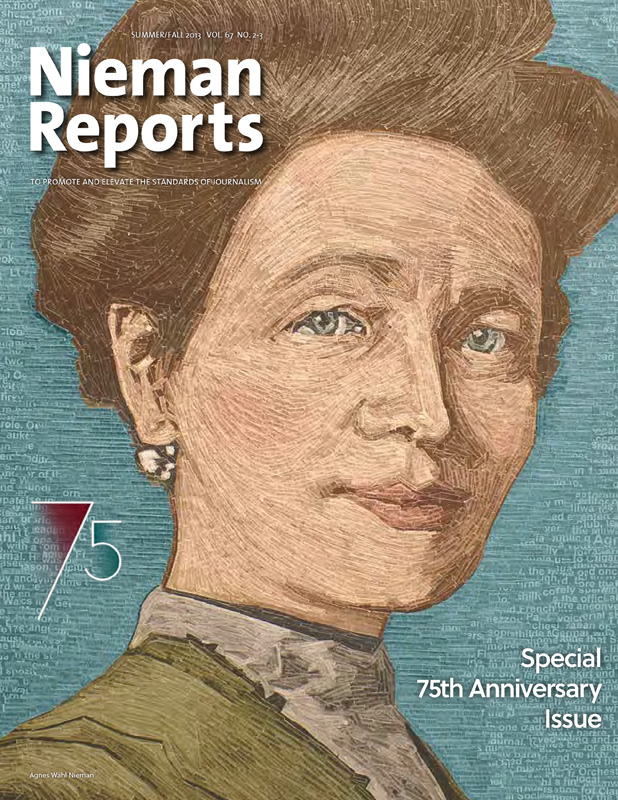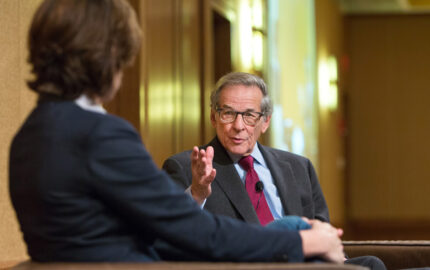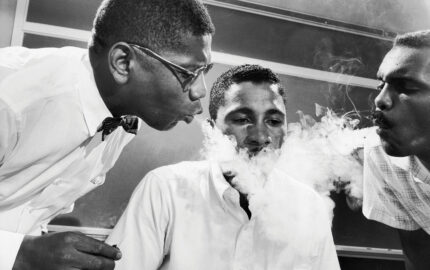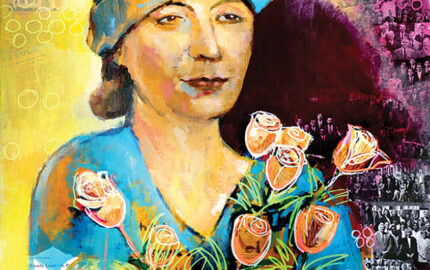Ruth Daniloff, a ’74 Nieman affiliate, on the dawn of equal rights for affiliates
When I heard in May of 1973 that my husband, Nicholas Daniloff, had won a Nieman Fellowship, I acknowledged that it would burnish his career. However, I was ungracious enough to grumble about the inconvenience it would cause me. I would have to give up the journalistic job I loved in Washington, D.C., find schools for my two children, obtain housing, and move house. And what for—for him and his career?
One of the hazards of exposing a group of journalists to new ideas is that their marriages sometimes broke up. A mid-career fellowship disrupts well-established family routines. In Cambridge, we wives found ourselves living in less space with less money. It was rumored that in one year seven marriages out of 12 hit the rocks. Husbands (Fellows were still mostly men then) were off taking courses with titles like The Social Influence of Economic Action while the wives were struggling to make ends meet or having conferences with their children’s teachers as to why their children were having trouble in the classroom.
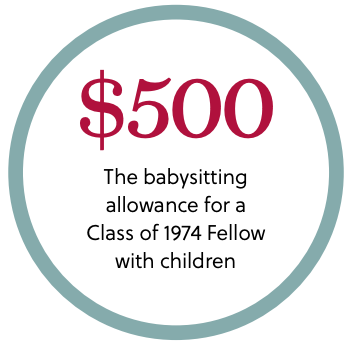
At that time, I was unprepared for the novel ideas introduced into the Nieman program, largely as a result of the women’s liberation movement. In 1972, James C. Thomson Jr., one of Harvard’s most popular lecturers, became curator. His wife, Diana, was a writer and an ardent feminist. A Thomson mission was to help Nieman families adjust to the new reality of feminism. For me, it was a lucky break.
When a letter arrived from Jim Thomson informing us that wives were welcome to sit in on all classes and that the Nieman Foundation would pick up the babysitting tab, I quit my job and stopped complaining. Diana Thomson encouraged Fellows and their wives to join her writing classes. Discussions at her house covered the best courses at Harvard and what we thought of women’s liberation, virginity and extramarital affairs. Some of the wives made it clear they were not interested in having their consciousness raised in that manner, preferring more practical information, like names of nursery schools. A few husbands were restive at the idea of such discussions taking place under the Nieman umbrella.
My nine months at Harvard went to my head. I flitted from course to course. I attended lunches, dinners, beer and cheese seminars. I listened to talks about computers and the Fifth Amendment, about sex and the single insect, about daydreaming and stream of consciousness. Processions of politicians and journalists came to discuss the role of the press: Ted Kennedy, Lowell Weicker, I.F. Stone, and on and on.
I reluctantly returned to Washington with reading lists and good intentions. I recalled the comment Henry Adams made about spending four years at Harvard and the rest of his life getting an education. Nine months at Harvard on the coattails of my husband exposed me to a world of ideas. I’m still exploring … and I didn’t get divorced.
